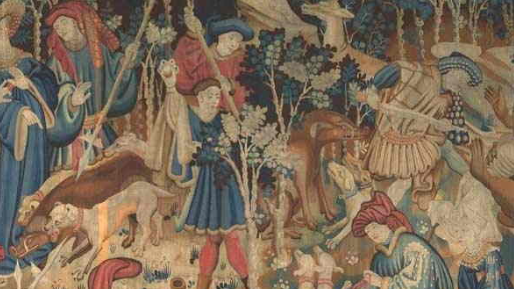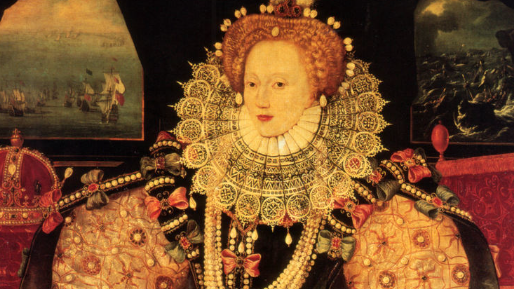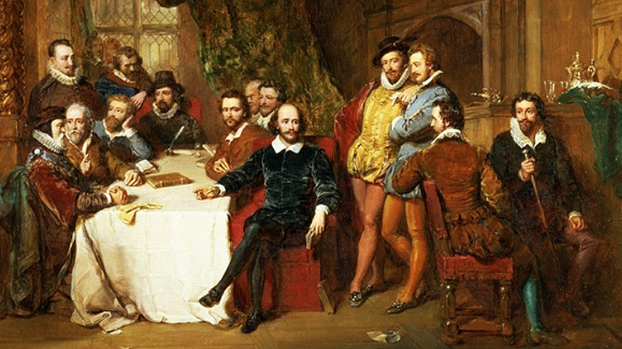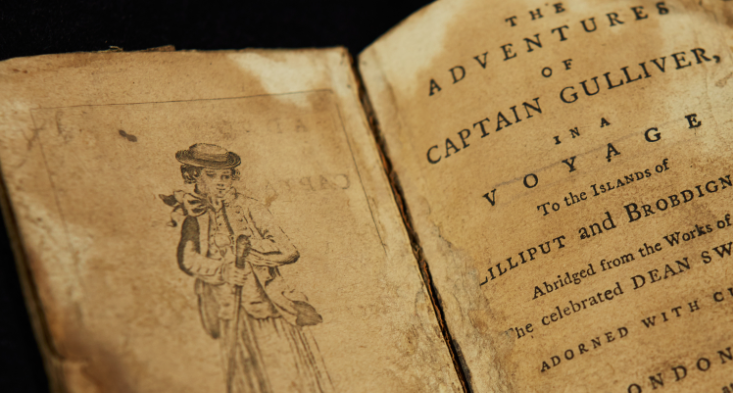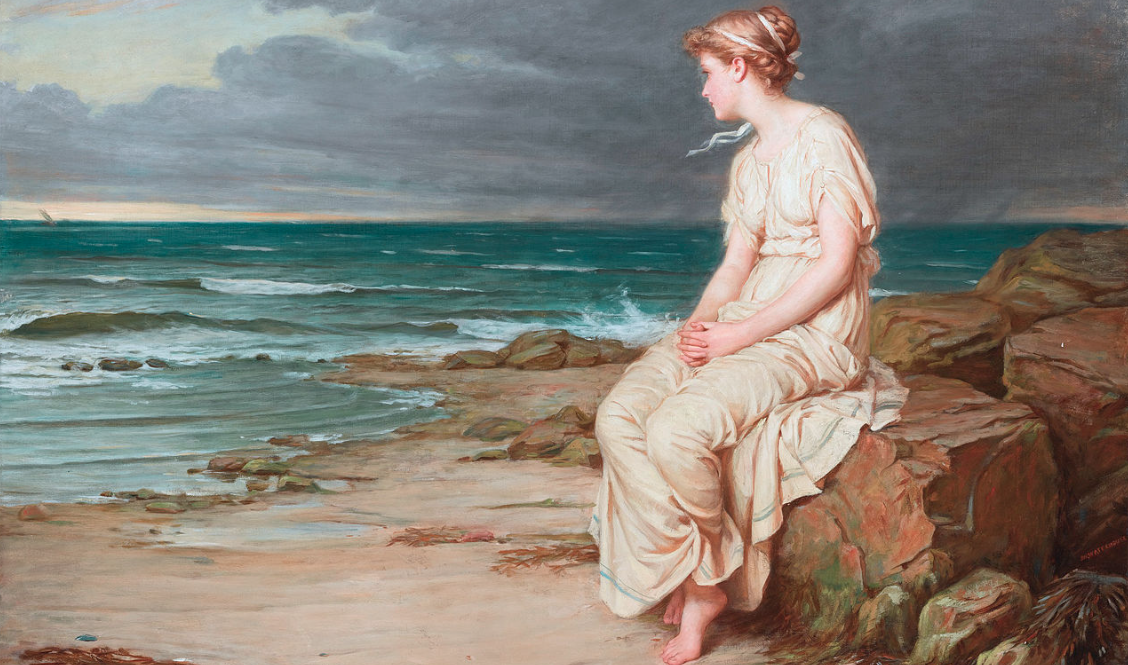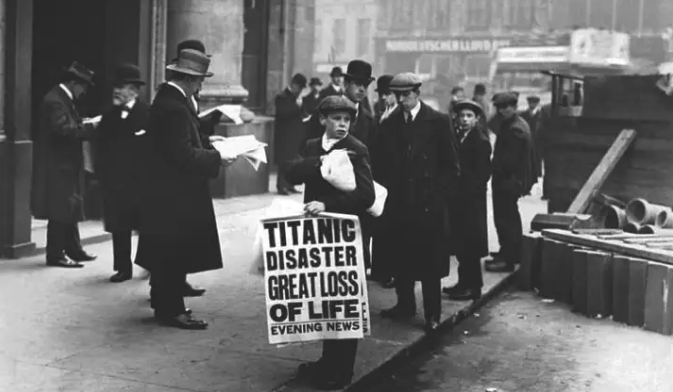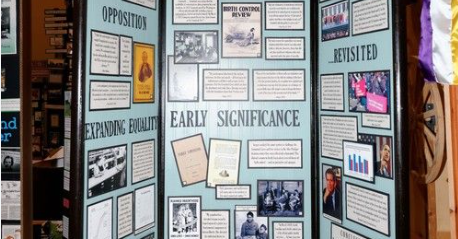
What We’re Learning This Week
This is a summary of what we’re learning each week, along with some materials that will help you with each lesson. If you miss a class, this page is a great resource (along with your asking your peers what you missed) to get you right back on track.
Introduction to British Literature
This week is an introduction to British Literature…
Words to know
Supplemental Worksheet
Study Sheet
Practice Quiz
Week 1
The Middle Ages (to ca. 1485)
Lyric poetry, ballads, and hymns were poetry, of course, but the great chivalric romances of courtly love and the high medieval dream vision genres were also written in verse as were epics, and the French and Breton lais (short-story poems).
Words to know
Supplemental Worksheet
Study Sheet
Practice Quiz
Week 2
The 16th Century (1485 - 1603)
While secondary works of criticism, theory, and history will guide us in our reading, the bulk of this course will be devoted to an examination of the major and minor works of Tudor England.
Specifically, the works we’ll read include Thomas More’s Utopia; a couple weeks’ worth of sonnets by Wyatt, Howard, Sidney, and Shakespeare; an account of the inquisition and execution of a Protestant martyr, Anne Askew; the first printed book of poetry by a woman, Isabella Whitney; sixteenth-century aesthetic theory like A Defense of Poesy; Christopher Marlowe’s queer mythological poem Hero and Leander; Book Three from Spenser’s amazing “Cult of Elizabeth” romance epic, The Faerie Queene; the writings of both Elizabeth I and Mary Stuart, Queen of Scots, excerpts from John Stow’s Survey of London, and Hogan 2 two important plays on dissent and disorder in the absolutist state, Thomas Kyd’s The Spanish Tragedy and Shakespeare’s Richard II.
Broadly speaking, our inquiry will consider how early modern writers of poetry, prose, and drama reshaped the world and ideas that also shaped them.
Words to know
Supplemental Worksheet
Study Sheet
Practice Quiz
Week 3
The Early 17th Century (1603 - 1660)
The 17th century was a period of unceasing disturbance and violent storms, no less in literature than in politics and society. The Renaissance had prepared a receptive environment essential to the dissemination of the ideas of the new science and philosophy.
Words to know
Supplemental Worksheet
Study Sheet
Practice Quiz
Week 4
The Restoration & 18th Century (1660 - 1785)
The Restoration brought about the re-opening of the theaters and the development of new drama, including the comedy of manners. The novel had its origins in the 18th century.
Words to know
Supplemental Worksheet
Study Sheet
Practice Quiz
Week 5
The Romantic Period (1785 -1830)
The Romantic Period overthrew the values instilled during the Augustan Age and strove to sever itself from the rigid writing styles of the ancient, classical examples of Virgil, Horace, and Homer. Instead, poets and authors were inspired to write in their own individual and creative voices.
Here we will explore the works of William Wordsworth, Samuel Taylor Coleridge, Lord Byron, Percy Bysshe Shelley, and John Keats, among others.
Words to know
Supplemental Worksheet
Study Sheet
Practice Quiz
Week 6
The Victorian Age (1830 - 1901)
The Victorian Era of British Literature lasted through Queen Victoria's reign, from 1837 to 1901, and focused on themes related to industrialization and progress in the 19th century. It was preceded by British Romanticism and followed by the Edwardian period.
The Victorian era was the great age of the English novel—realistic, thickly plotted, crowded with characters, and long. It was the ideal form to describe contemporary life and to entertain the middle class. The novels of Charles Dickens, full to overflowing with drama, humor, and an endless variety of vivid characters and plot complications, nonetheless spare nothing in their portrayal of what urban life was like for all classes.
We will also delve into William Makepeace Thackeray (best known for Vanity Fair), Emily Brontë (Wuthering Heights), Emily's sister Charlotte Brontë (Jane Eyre), Rudyard Kipling, Lewis Carroll, Karl Marx, Robert Lewis Stevenson, and more.
Words to know
Supplemental Worksheet
Study Sheet
Practice Quiz
Weeks 7 & 8
The (Late) Nineteenth and Twentieth Century (1887 - 1913)
This was a period that was marked by two world wars, by a great, worldwide economic depression, by the dissolution of the British Empire, by increasing democratization of society, and by the advent of new technologies.
Not surprisingly, the literature of the century is just as varied…
Words to know
Supplemental Worksheet
Study Sheet
Practice Quiz
Week 9
British Literature Today
British Literature in the (late) 20th and 21st Century thus far…
Words to know
Supplemental Worksheet
Study Sheet
Practice Quiz
Weeks 10 & 11
Student Projects
TBA
TBA
Weeks 12 & 13


